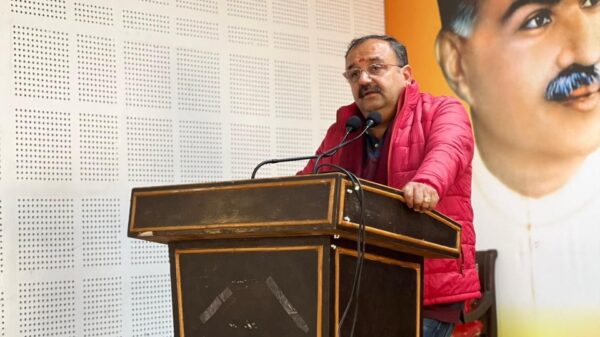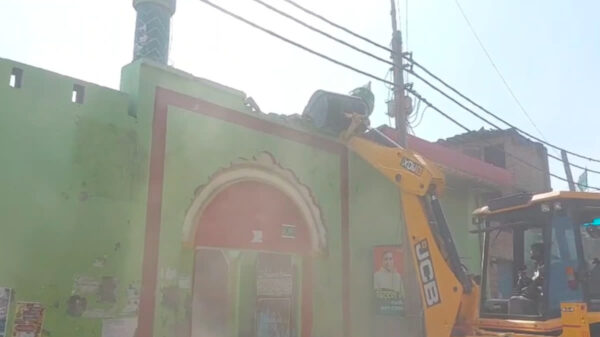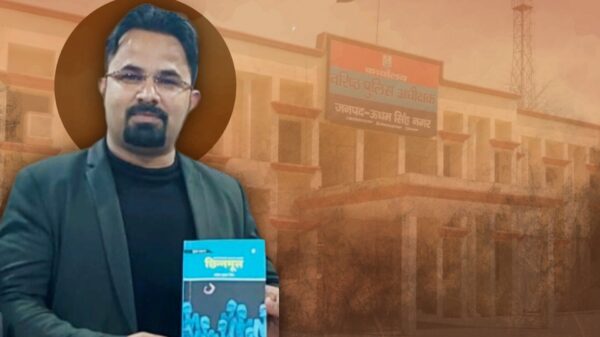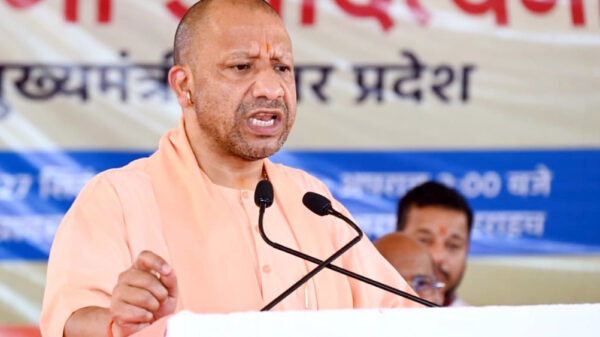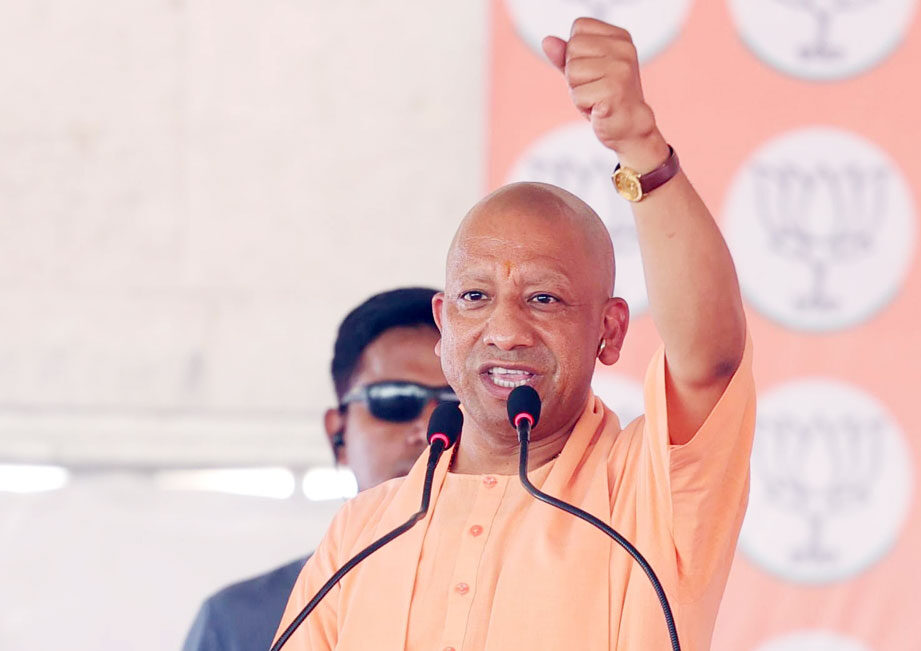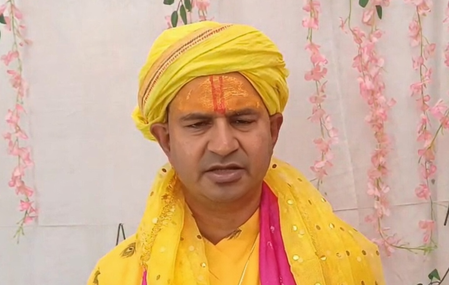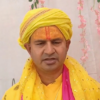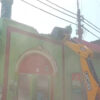On Friday, Uttar Pradesh Chief Minister Yogi Adityanath stated that disputed structures should not be referred to as mosques, adding that such terminology would discourage people from visiting them. Speaking at an event organized by the news channel Aaj Tak in Prayagraj, he said, “The day we stop calling it a mosque, people will stop going there.” He further stated that constructing a mosque-like structure in a manner that hurts faith contradicts Islamic principles, adding, “Worship at such sites is not acceptable to god too.”
Adityanath also discussed religious practices, claiming that Islam does not mandate the construction of specific structures for worship, unlike Sanatan Dharma, which does.
This comment comes amid growing legal battles by Hindu groups asserting ownership over mosques and dargahs. The Supreme Court, on December 12, had intervened, barring trial courts from passing orders in such lawsuits and restricting new suits regarding the religious character of places of worship while it reviews the 1991 Places of Worship Special Provisions Act. This Act prevents changes to the religious character of any place of worship as it stood on August 15, 1947.
The UP Chief Minister said that it was unnecessary to insist on calling disputed structures mosques, further stating, “Sanatanis go to temples for worship; it is not the same for Islamic practices.” He called for a new vision of India focused on unity and harmony, urging the country to move forward rather than dwell on past disputes.
Adityanath also addressed the ongoing discussion surrounding the Mahakumbh Mela in Prayagraj, set to begin on January 13. He dismissed claims that the event was taking place on land owned by the Waqf Board. “The Mahakumbh Mela has been held on this land for thousands of years,” he said. The Mahakumbh Mela is a major Hindu pilgrimage that takes place every 12 years at four riverbanks in India, including Prayagraj.
Regarding claims of Waqf Board ownership of the land, the Chief Minister questioned whether the land belonged to the Waqf Board or was under the control of the “land mafia.” He called for an end to such “malicious tendencies” and warned that individuals attempting to stake such claims would face punitive actions.






